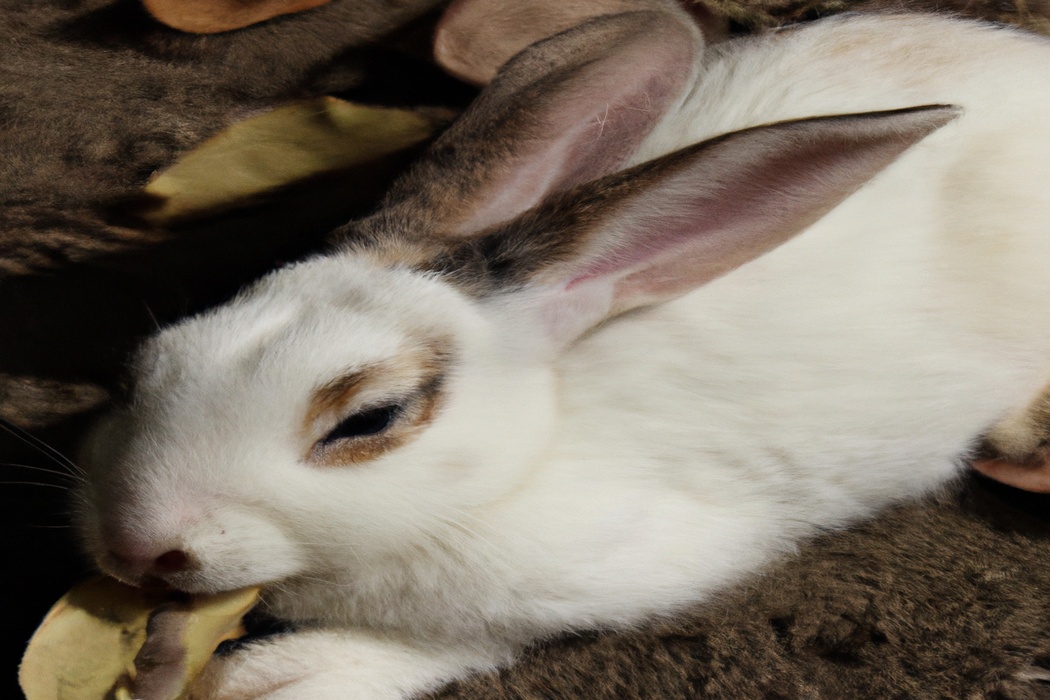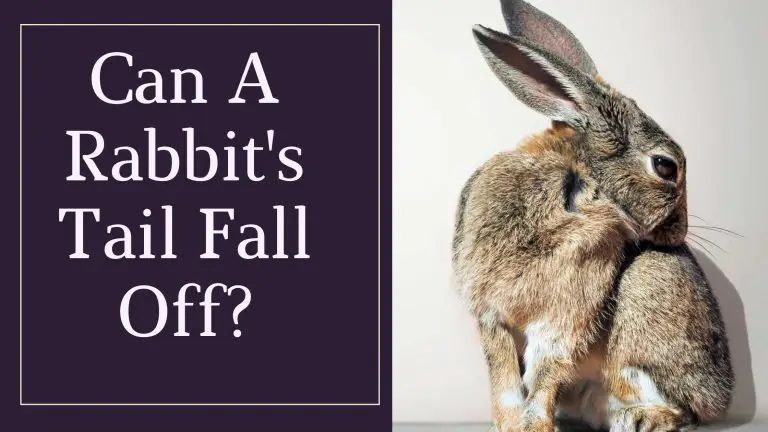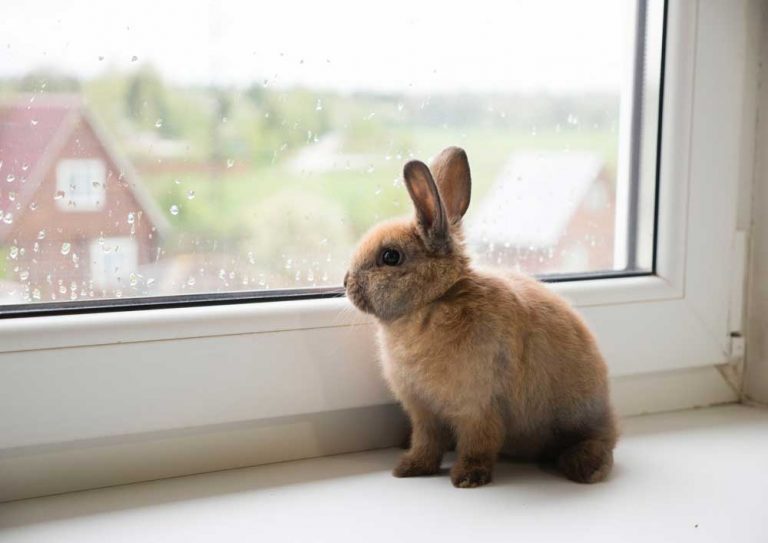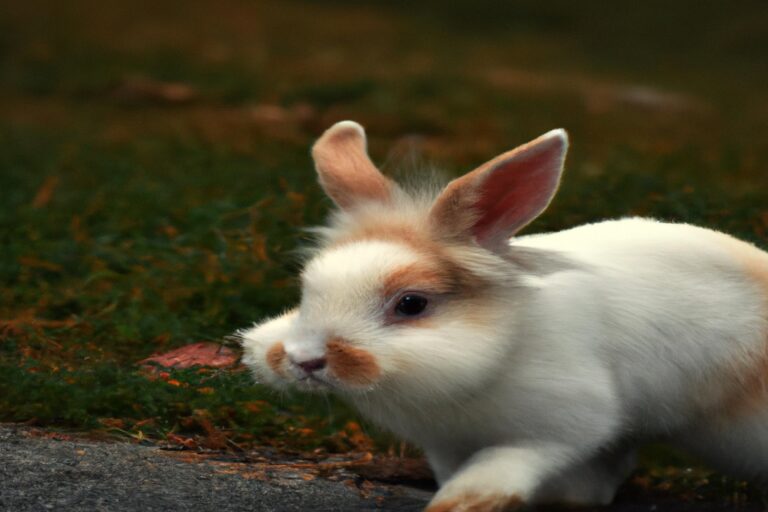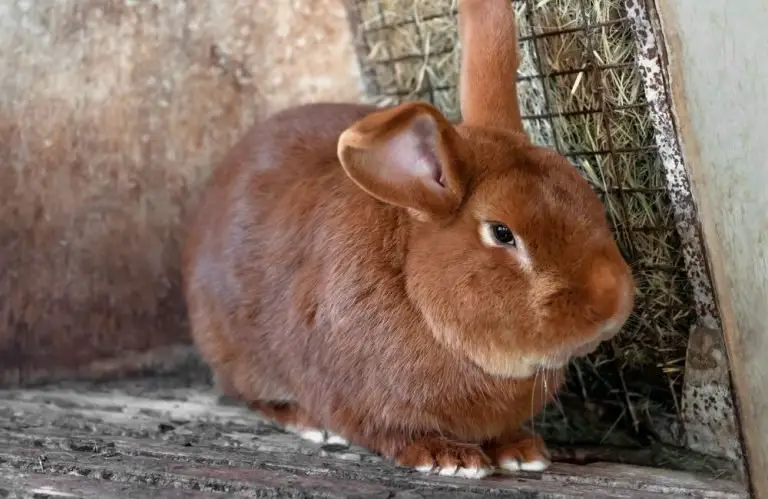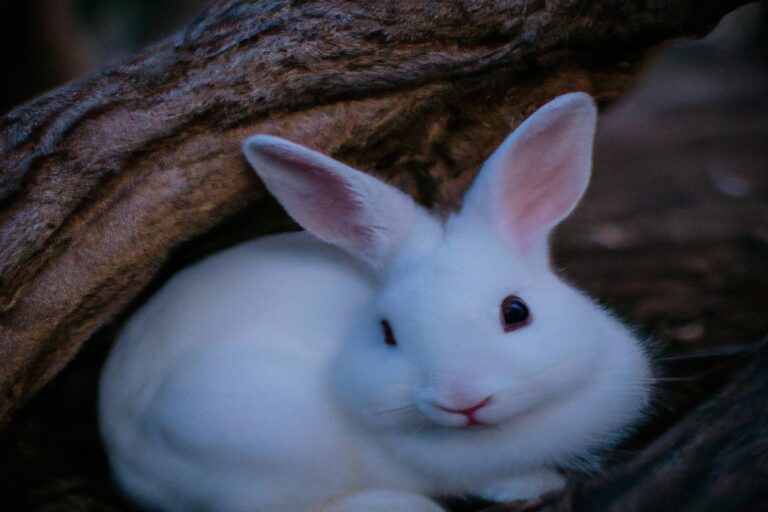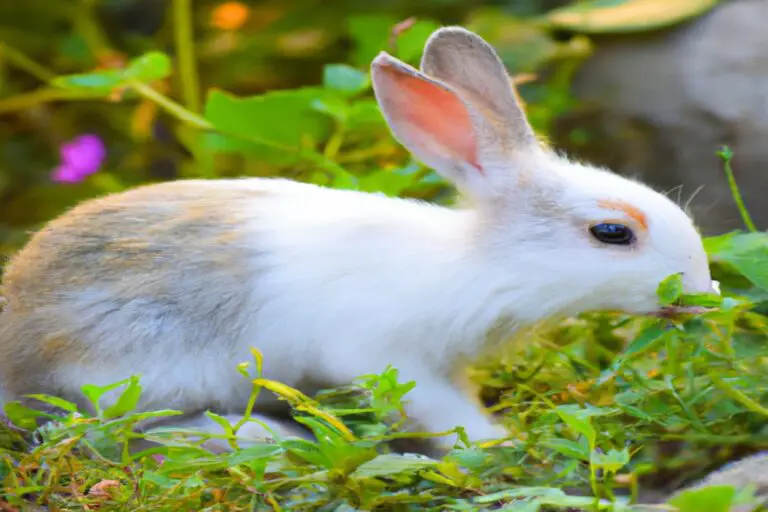Can You Breed Rabbit Siblings: A Guide for Success!
Key Takeaways:
- Breeding rabbit siblings can lead to undesirable genetic conditions.
- Crossbreeding unrelated rabbits is a preferable practice for healthy offspring.
- Inbreeding can result in lower fertility rates and weakened immune systems.
- Responsible breeding practices prioritize genetic diversity and the overall health of the rabbits.
Have you ever wondered whether it’s safe to breed rabbit siblings?
It’s a question that many rabbit enthusiasts and breeders often ponder.
On one hand, breeding siblings may seem convenient and familiar, but on the other hand, it raises concerns about potential health issues and genetic complications.
In this article, we will delve into the world of rabbit breeding and explore the risks and considerations of breeding siblings.
If you’re thinking about starting a rabbit breeding journey, it’s essential to understand the consequences and alternatives to ensure the well-being of these adorable creatures.
So, let’s jump right in!
| Topic | Information |
|---|---|
| Question | Can you breed rabbit siblings? |
| Answer | No, it is not advisable to breed rabbit siblings together. Breeding rabbits that are closely related, such as siblings, can lead to various health and genetic issues. |
The Importance of Responsible Breeding
It is crucial to practice responsible breeding in order to avoid negative consequences and maintain the health and well-being of the rabbit population.
Understanding the Consequences of Inbreeding
Inbreeding, or breeding closely related animals, can have serious consequences for the health and quality of a rabbit population. It increases the chances of genetic disorders and reduces genetic diversity.
This can result in weaker immune systems, infertility, and overall reduced fitness in rabbits.
Inbreeding depression, where offspring inherit harmful recessive genes, is a major concern. It’s important to understand and avoid inbreeding to ensure the well-being and long-term success of rabbit populations.
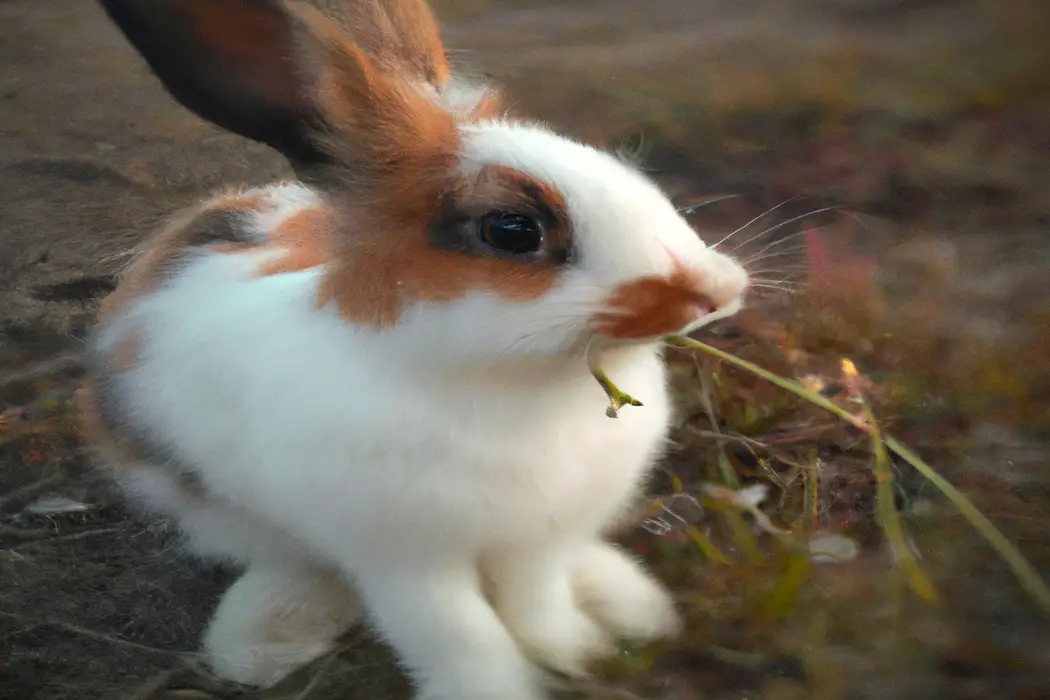
Factors to Consider Before Breeding Rabbits
Before breeding rabbits, it is important to consider the age and health of the rabbits, as well as their genetics and pedigree to avoid inbreeding.
Age and Health of the Rabbits
When breeding rabbits, the age and health of the rabbits are important factors to consider. It is recommended to wait until the rabbits are at least 6 months old before breeding them.
This allows the rabbits to reach sexual maturity and ensures a higher chance of successful breeding.
Additionally, ensure that both rabbits are in good health. Conduct regular health checks to detect any underlying issues that may affect breeding.
Healthy rabbits have a better chance of producing healthy offspring.
Genetics and Pedigree
Genetics and pedigree are important factors to consider before breeding rabbits. In terms of genetics, it’s crucial to understand the potential health issues that can be passed on to the offspring.
By breeding rabbits with known good genetics, you can minimize the risk of genetic diseases.
Additionally, examining the pedigree of the rabbits can provide insight into their lineage and overall quality. Breeding rabbits with good pedigrees increases the likelihood of producing healthy and high-quality offspring.
Avoiding Inbreeding
Inbreeding, or mating closely related rabbits, can lead to a range of health issues and genetic problems. To avoid inbreeding, it’s important to introduce new rabbits into your breeding program.
This means bringing in rabbits from unrelated bloodlines to maintain genetic diversity.
Keeping proper records and documenting the lineage of your rabbits is also crucial to avoid unintentional inbreeding. Regularly consulting with experienced breeders or joining rabbit breeding clubs can provide valuable guidance and support in preventing inbreeding.
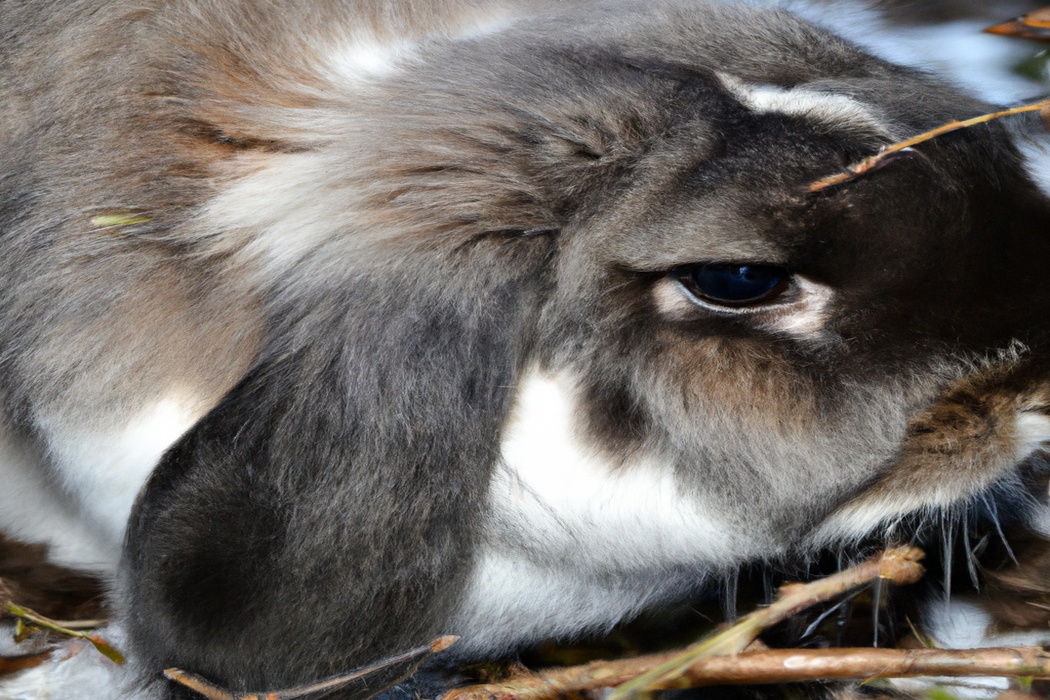
Breeding Rabbits: Step-by-Step Guide
Breeding rabbits involves several steps, from selecting the right pair to caring for the pregnant rabbit and the litter. Here’s a step-by-step guide to help you through the process.
Selecting the Right Pair of Rabbits
Selecting the right pair of rabbits involves considering their compatibility, health, and genetic background.
Ensure that both rabbits are of similar size and age to avoid dominance issues.
Check for any signs of illness or disease, and consult a veterinarian if needed.
It’s important to avoid breeding rabbits that are closely related, such as siblings, to prevent genetic problems.
Take the time to observe the rabbits’ behavior and make sure they get along before introducing them.
Preparing the Breeding Environment
To prepare the breeding environment for rabbits, there are a few important steps you should take.
Firstly, ensure that the rabbits have enough space to roam and separate areas for breeding.
Providing nesting boxes and clean bedding materials is crucial for their comfort and safety.
Additionally, maintaining a consistent temperature, proper ventilation, and adequate lighting are essential for a successful breeding environment.
Regularly cleaning the breeding area and providing a well-balanced diet will also contribute to the health and well-being of your rabbits.
The Breeding Process
Breeding rabbits involves several steps.
First, you need to choose healthy rabbits with desirable traits.
Then, create a suitable living environment for the pair.
When the female is ready for mating, introduce her to the male’s territory.
After successful mating, monitor the female’s behavior and provide proper nutrition and care throughout her pregnancy.
Prepare a nesting box for the female, and monitor her closely during the birthing process.
Finally, ensure the newborn kits receive adequate care and nutrition to thrive.
Regularly consult with a veterinarian for guidance and support.
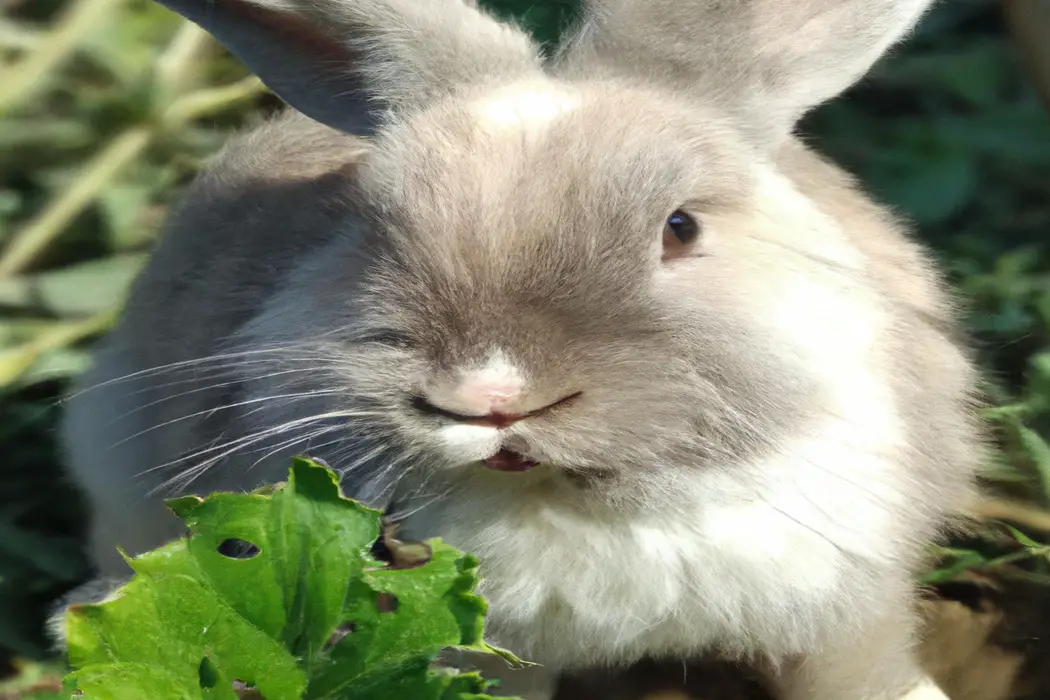
Caring for the Pregnant Rabbit
Caring for a pregnant rabbit involves providing a safe and comfortable environment.
Make sure to provide ample bedding for nesting and a quiet space.
A healthy diet is crucial, with a balance of hay, fresh vegetables, and pellets.
Avoid sudden changes in the diet to prevent digestive issues.
Regular check-ups with a veterinarian are important to monitor the rabbit’s health.
Keep an eye out for signs of distress or complications during pregnancy.
Providing proper care will help ensure a healthy and successful pregnancy for your rabbit.
Handling the Birth and Caring for the Litter
Handling the Birth and Caring for the Litter: During the birth process, it’s important to provide a safe and comfortable environment for the mother rabbit.
Make sure she has a quiet area with plenty of nesting materials.
After the birth, check on the kits to ensure they are warm, well-fed, and growing properly.
Avoid handling the kits too much and keep the nesting area clean.
Provide the mother with a balanced diet to support her milk production.
Regularly monitor the health and development of the kits, and seek veterinary assistance if needed.
Breeding Rabbit Siblings: Is It Safe?
Breeding rabbit siblings may not be safe due to potential health and genetic concerns.
Understanding the Risks of Breeding Siblings
Breeding sibling rabbits can pose several risks. Inbreeding can lead to genetic problems, such as reduced fertility, weaker immune systems, and higher chances of congenital defects.
It is important to introduce fresh genetics into the breeding pool to ensure healthier offspring.
Additionally, breeding siblings increases the likelihood of passing on any underlying health issues present in the family line. It is recommended to avoid breeding siblings and instead pair unrelated rabbits for the best chance of producing healthy offspring.
Health and Genetic Concerns
Health and Genetic Concerns when breeding rabbit siblings: Breeding rabbit siblings can lead to health and genetic concerns. When siblings mate, there is a higher risk of passing on inherited diseases and genetic defects.
This can result in weaker offspring with increased susceptibility to illnesses and shorter lifespans.
Inbreeding can also decrease overall genetic diversity within a population, which is important for maintaining a healthy and resilient breeding stock. To ensure the health and well-being of your rabbits, it is recommended to avoid breeding siblings and instead seek out unrelated rabbits for breeding purposes.
Alternatives to Breeding Sibling Rabbits
Breeding siblings rabbits is not advisable due to the risk of genetic diseases and deformities.
Instead, consider the following alternatives:
- Introduce a new rabbit to your existing one: Bringing in a new and unrelated rabbit can offer the opportunity for breeding without the concerns associated with sibling mating.
- Seek a reputable breeder: If you are looking to breed rabbits, finding a reputable breeder who can provide you with healthy, unrelated rabbits is a better option.
- Adopt from a rescue: Consider adopting rabbits from a rescue or shelter. This allows you to give a loving home to rabbits in need while avoiding the risks of breeding siblings.
- Participate in rabbit shows or events: If you want to showcase your rabbits or engage in the rabbit community, participating in shows or events can be a great alternative to breeding siblings.
Remember, it’s important to prioritize the health and well-being of your rabbits.
By opting for these alternatives, you can ensure that you’re making responsible choices for your furry friends.
Frequently Asked Questions
Can you breed rabbit siblings?
Yes, you can breed rabbit siblings, but it is generally not recommended. Breeding siblings increases the chances of genetic problems and health issues in the offspring.
It is better to introduce unrelated rabbits for breeding to ensure healthier and stronger offspring.
If you are considering breeding rabbits, it’s important to research and seek advice from a knowledgeable breeder or veterinarian to ensure the best outcomes for the rabbits and their offspring.
What are the potential risks of breeding rabbit siblings?
Breeding rabbit siblings can pose several potential risks. Inbreeding can lead to genetic defects and health issues, such as weakened immune systems and susceptibility to diseases.
Offspring may also have reduced fertility rates, making it difficult to continue breeding them in the future.
Additionally, inbreeding can result in a limited gene pool, which can further increase the risk of genetic abnormalities. It’s crucial to consider these risks and consult with a knowledgeable breeder or veterinarian before deciding to breed rabbit siblings.
Can rabbits mate with their parents?
Yes, rabbits can mate with their parents. However, it is generally not recommended to breed rabbits that are closely related, including parents and offspring.
Breeding rabbits that are too closely related can lead to a higher risk of genetic health issues and can also result in weaker offspring.
It is best to choose unrelated rabbits for breeding to ensure the health and vitality of the offspring.
Is it safe to breed rabbits from the same litter?
Breeding rabbits from the same litter is not recommended.
Breeding closely related rabbits can increase the risk of genetic defects and health issues in their offspring.
It’s better to choose rabbits from different litters to ensure genetic diversity and minimize the risk of hereditary problems.
By selecting unrelated rabbits, you can promote the overall health and vitality of the breed.
Remember, responsible breeding is essential for the well-being of the rabbits and the future generations.
What is the ideal age for rabbits to start breeding?
The ideal age for rabbits to start breeding is between 5 and 6 months old.
This is when they reach sexual maturity and are physically able to reproduce.
Breeding them too young can be risky for their health and may result in complications.
It’s important to wait until they are fully developed and in good overall health before attempting to breed them.
Additionally, make sure to provide them with a suitable environment, proper nutrition, and regular veterinary care to ensure a successful breeding process.
Final Verdict
Breeding rabbit siblings is not recommended due to the potential risks associated with inbreeding.
Inbreeding can lead to genetic and health issues, such as decreased fertility, weak immune systems, and higher susceptibility to diseases.
It is crucial to prioritize responsible breeding practices to ensure the well-being and long-term health of the rabbits.
Consider factors like age, health, genetics, and pedigree when selecting breeding pairs.
If you do choose to breed rabbits, avoid breeding siblings and opt for unrelated rabbits to minimize the risks.
Always seek advice from a veterinarian or experienced breeder to ensure the welfare of your rabbits.

